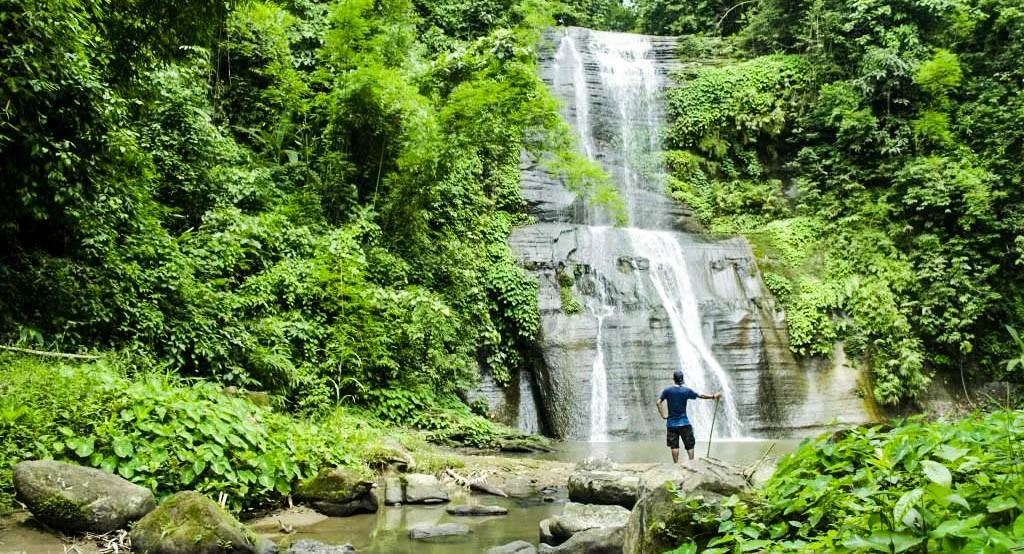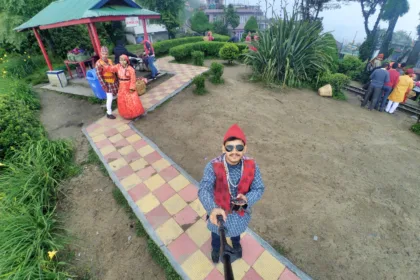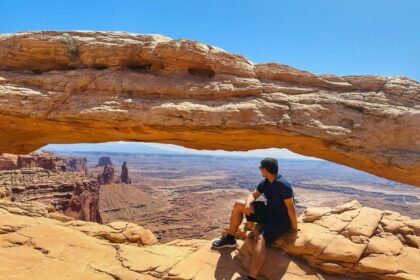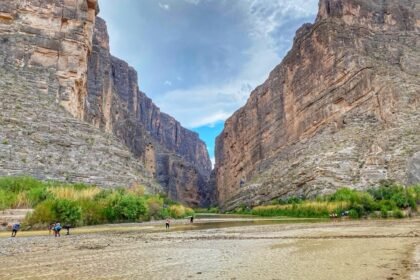I was born in the North Bengal of Bangladesh and spent around 25 years before moving to the USA for higher studies. During my stay in Bangladesh, I traveled a lot and visited a lot of places here and there across the country.
In this post, I have shortlisted the top 10 things you need to know if you are a foreigner and planning to visit Bangladesh.
1. Hygiene and Health Tips
Bangladesh has a rich culinary legacy that includes a wide range of tasty meals. Rice and fish are staples of the cuisine, with vegetarian options available as well. To avoid foodborne infections, be cautious when eating street food and make sure it’s thoroughly cooked. When dining out, keep dietary constraints in mind and explain your choices explicitly.
Bangladesh is a developing country, so hygiene standards may differ from what you’re used to. It’s essential to take precautions to avoid getting sick. Only drink bottled water or boiled filtered tap water in big cities, and be careful when eating street food. Make sure it’s cooked thoroughly to prevent illness. If you’re a vegan, it’s better to stick to restaurants than street vendors. Also, take any beauty or hygiene products you use from home, as they may not be available in Bangladesh.
2. Airport and Transportation
Navigating the airport and transportation in Bangladesh can be a hassle, especially for foreigners. Be prepared for crowds and chaos, and be firm when dealing with people who try to offer you help. Pickpockets and muggers are plentiful in crowded areas, so be careful with your belongings. If you’re traveling to villages, be prepared to let go of some essential luxuries. Still, it’s worth it for the experience.
Apart from the Dhaka International Airport (DAC), there are a few other airports located in or near the major district of each division. If you are visiting North Bengal, you can take domestic flights to Saidpur or Rajshahi. In the north-east, you can fly to Sylhet. In the southeast region, you can fly to Chittagong (visit the hill districts) and Coxs-Bazar (visit the sea beach). To the south-west side, you can fly to Jashore airport.
Uber is available only in the big cities like Dhaka and Chittagong. So, you mostly have to rely on local transportation systems. For longer journeys, taxis, trains, or buses are good choices. In the local streets, rickshaws and CNGs are mostly used. I would recommend making a friend or having a tour guide earlier so that they can suggest the best choices for you.
3. Tourist Attractions
Bangladesh has several tourist attractions, including hills, waterfalls, lakes, beaches, historic temples, and mosques. Some of the most popular destinations include the Sundarbans mangrove forest, Cox’s Bazar beach, and the historic city of Dhaka. However, be aware that some areas may be unsafe for tourists, so it’s essential to research before visiting.
From my perspective, you can choose three types of destinations: first, hill-side areas and sea-beach; second, exploring village-town-city life; and finally, exploring historical places, monuments, temples, and mosques. You can have all three in a single visit if you are going to stay for at least 2-3 weeks. In my later posts, I will go through specific places to visit by region or district. Keep an eye on my “Explore Bangladesh” category.
4. Weather
Bangladesh’s climate is tropical, with monsoon seasons. The months of October to March are ideal for a visit because the weather is milder and dryer. Prepare for extreme humidity and possible rain, particularly during the monsoon season.
5. Accommodation
Bangladesh’s accommodation alternatives accommodate a wide range of interests and budgets. There are several hotels, guesthouses, and serviced apartments to select from in big cities like Dhaka. International hotel chains provide upmarket lodging with modern conveniences. On the other hand, boutique hotels and guesthouses offer a more intimate and individualized experience.
Many urban lodgings have air conditioning, Wi-Fi, and in-room dining services. Furthermore, companies such as Airbnb provide a selection of private dwellings and flats for people looking for a more homey ambiance during their stay.
Rural homestays and eco-friendly resorts in attractive places offer guests a more immersive experience by allowing them to connect with local residents and appreciate Bangladesh’s natural beauties. These lodgings frequently provide authentic cultural experiences, traditional cuisine, and opportunities to engage in local events and traditions.
6. Language
Bangladesh’s official language is Bengali, but English is widely spoken, particularly in big cities. It is beneficial to learn a few basic Bengali phrases in order to connect with natives. Nonetheless, in most tourist locations, English is sufficient.
Because of the language barrier in many places, it is highly recommended to have friends in Bangladesh or hire a guide who can take you everywhere and help you understand local culture and have safe journeys.
7. Currency and Finance
Bangladesh’s currency is the Bangladeshi taka. ATMs are generally available in large cities, and most hotels and tourist locations accept credit cards. Smaller suppliers should carry a variety of payment methods, including cash.
Even though many shopping malls, restaurants, and shops accept credit cards, most do not. I would highly recommend having cash amounts and having some ideas on the prices so that you don’t get scammed. You can convert dollars to amounts of cash right after landing at the Dhaka International Airport. There are several money exchange services where you can get Bangladeshi taka. Cash is required almost 100% of the time for your local transportation and food, except when you are purchasing plane tickets or buying food from super stores (super stores are rare except in big cities).
8. Precautions for Safety
Be cautious in crowded areas and avoid going alone at night, particularly in unknown areas. It is critical to be aware of your surroundings and to take the appropriate precautions to protect your safety and well-being while visiting.
Have proper ideas on exactly where to go, how to go, what to buy, and where to buy if you want to avoid scams. Most places across the country are safe, and people are quite hospitable to the foreigners. Still, it is recommended to research areas beforehand.
9. Communication and Local SIM Cards
Consider purchasing a local SIM card if you require cellphone connectivity throughout your trip. Because the process may necessitate local documentation, you may need to rely on relatives, friends, or local contacts to obtain a SIM card.
There is no e-sim service in Bangladesh yet. So, you have to purchase a phone with a physical SIM card slot. You will get Wi-fi at the hotels and restaurants, though.
10. Etiquette and Observance of Local Customs
Bangladeshi culture places a high value on hospitality, and tourists are frequently welcomed. It is critical to return the favor and respect local customs and traditions. Dress modestly, especially when visiting religious sites, and keep cultural sensitivity in mind.
Wrap Up
I have tried to provide most of the important aspects you need to know while visiting Bangladesh. If you are a local, please let me know if I need to add anything else. Also, if you are a foreigner and recently visited Bangladesh, let me know your experience through comments.
You can also connect with me on Instagram and ask for advice!





One Comment
Pingback:
14 December 2023 at 13:27